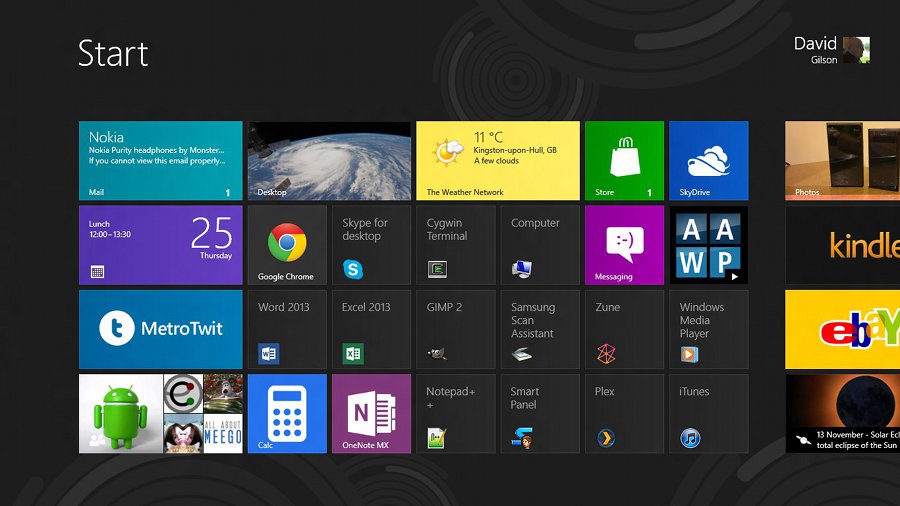While many reviewers and writers have focused on the problems that the dual identity of Windows 8's Metro and Desktop interfaces is going to be a problem, Thurrott argues that this is fundamental to Microsoft moving forward and bringing their users to new technology that includes Windows Phone.
See, the reason this strategy actually makes sense is that Microsoft does have a Windows and Office legacy, a legacy that has a combined user base of well over a billion people. That it was able to bring those people forward and create a new mobile platform in the same OS is arguably one of Microsoft’s technical greatest achievements, akin to Apple’s port of Mac OS X to Intel. And when Microsoft moves from Metro + desktop to just Metro in the future, let’s all remember that the reason that even could happen is that “Microsoft marketing” focused on USB ports and x86 desktop applications first. You know, the stuff actual customers actually care about.
While the piece argues that the strategy is sound, what's not so clear is if it is the correct way forward for Microsoft. Only time will tell if that's that case, but the foundation looks solid to Thurrott.

You can read Thurrott's full opinion over on the Supersite for Windows.
